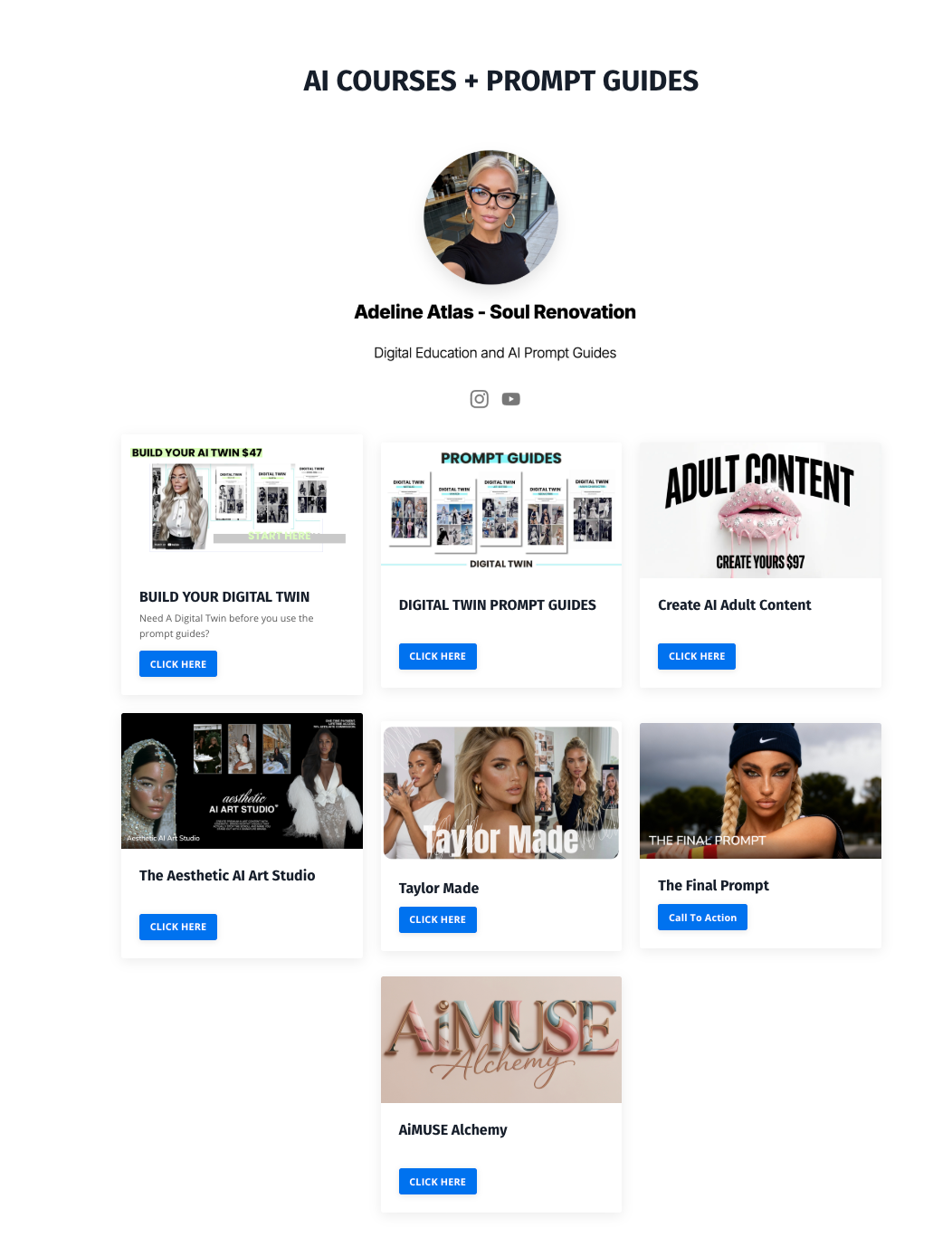Do You KNOW or Not? by Adeline Atlas
May 17, 2025
I’m Adeline Atlas, and today we’re unraveling a fascinating contradiction: The interplay between “No” and “Know.” These two words may sound the same, but they carry completely different meanings—and when you dive deeper, they reveal the complexity of language, meaning, and how we communicate. Let’s explore this paradox and how it shapes our understanding—or, should I say, our overstanding—of the world.

Let’s start with the basics. “No” and “know” are two words we use all the time.
No: A negative response, a refusal, or a denial. It represents what isn’t.
Know: To be aware, informed, or certain. It represents what is.
At first glance, these words seem worlds apart. One denies, the other affirms. One represents a void, the other represents understanding. But here’s the twist: when spoken, they sound the same.
This phonetic similarity creates an interesting contradiction. When you say “I know,” are you affirming knowledge, or could it also imply a denial? And if you’re saying “no,” could it simultaneously point to the absence of knowledge?
This paradox opens the door to deeper questions:
What are we really saying when we use these words?
Are we aware of the contradictions embedded in our language?
And how does this impact the way we communicate, perceive, and ultimately overstand?
The Power and Contradiction of Language
Language is a tool—it’s how we express our thoughts, ideas, and emotions. But it’s not perfect. Words carry meaning, but they also carry limitations. They’re influenced by culture, context, and even the subconscious patterns we don’t always recognize.
Take “no” and “know” as an example. On paper, they’re distinct. In conversation, they’re identical. But here’s where it gets even deeper:
When you say, “I know,” you’re affirming awareness. But when spoken aloud, the listener may also subconsciously associate it with “no.” That subtle contradiction can create confusion or ambiguity in the way we both communicate and internalize meaning.
If words truly carry the weight we believe they do, what does it mean to use language that contradicts itself as we speak it?
Exploring Overstanding and Alternatives
This brings us to a concept that goes beyond knowing: overstanding.
Overstanding represents a deeper grasp of a concept, a higher level of awareness that transcends surface understanding. While “know” implies awareness through observation or experience, “overstanding” moves into a realm of profound clarity—a state where you’re not just informed, but aligned with what you perceive.

But what other alternatives exist to help us express this clarity without the inherent contradiction of “no” and “know”? Let’s explore:
Innerstand: Understanding something from a deeply personal, internal place.
Comprehend: Fully grasping the meaning or significance of something.
Grasp: A firm mental hold on a concept or idea.
Appreciate: Recognizing the value or importance of something.
Perceive: Becoming aware of something through intuition or insight.
Deduce: Drawing a logical conclusion from evidence or reasoning.
Interpret: Giving meaning to information based on your perspective.
Each of these words carries its own nuance, and using them can help us communicate more clearly, avoiding the subtle contradictions that arise with “no” and “know.”
What This Reveals About Us
Our language reflects how we think, perceive, and engage with the world. When we use words that contradict themselves—or carry hidden layers of meaning—it reveals the complexity of human communication.
Think about this: If we unconsciously contradict ourselves with language, what does that say about how we process information? Could it mean that we’re constantly balancing between what we affirm and what we deny, between what we know and what we refuse to see?
This duality isn’t necessarily a flaw—it’s an invitation to dig deeper. It’s a reminder that language isn’t just about the words we use; it’s about the meaning we create.
Your Challenge: Question Your Language
Here’s my challenge for you:
Reflect on how you use the words “no” and “know.” Are there moments when they overlap or create unintended ambiguity?
Consider adopting alternatives like “overstand” or “innerstand” when you want to express a deeper level of understanding.
Pay attention to how language shapes your thoughts. Are there other words you use that carry hidden contradictions?
By questioning your language, you’re not just becoming a better communicator—you’re becoming more aware of how you think, perceive, and interact with the world.
The Bigger Picture
At its core, this isn’t just about words. It’s about awareness. It’s about recognizing the subtle ways in which our language influences our reality.
When you speak, you’re not just sharing information—you’re creating vibrations, shaping perspectives, and influencing the world around you. By choosing your words with intention, you can align your communication with your highest truth.
So, the next time you find yourself saying “I know,” pause for a moment. Ask yourself:
Do I truly overstand this?
Am I aligned with what I’m saying?

How can I express this in a way that’s clear, intentional, and meaningful?
Because when you speak with clarity and purpose, you’re not just communicating—you’re creating.
Ready to Begin Your Soul Journey?
You can explore the full Soul Game experience in the format that suits you best:
✅ Read the Book – for a deep, reflective reading experience.
✅ Watch the Video Series – for visual learners who prefer guided, engaging content. Start now and reclaim the lost parts of yourself.









